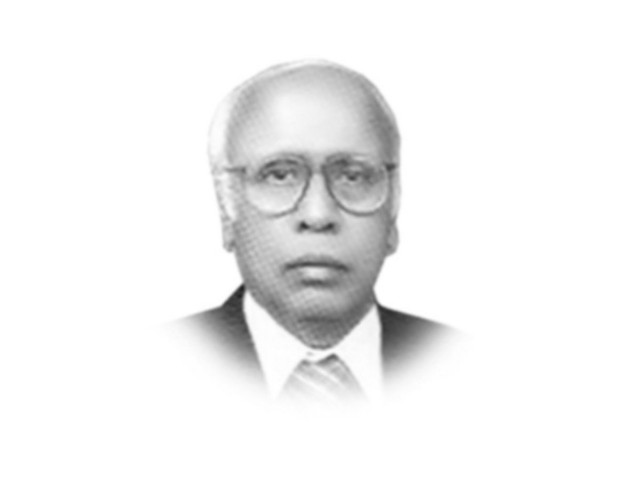A silent revolution in Turkey
Turkey is likely to maintain its march towards peace and progress with the AKP’ sure to win in the next elections.

A silent revolution in Turkey
The architect of this new Turkey is Tayyip Erdogan, leader of the Development and Justice Party (AKP) which is the dominant political force in the country. It is amazing how a country beset with economic crisis, rampant inflation, Kurdish violence and frequent military interventions until the 1980s has emerged as a development model and a key regional player. AKP has changed the face of Turkey during the last decade with its bold policies and good governance. The most significant achievement has been in the economic field; the Turkish economy is now among the top 15 of the world.
Trade has diversified with 25 per cent to Asia as against 14 per cent in 2006 and reflects the political orientation of the country. In the realm of foreign policy, the accomplishments have been equally impressive. Balanced and proactive foreign policy aimed at reducing the tensions in the region has raised the profile of Turkey and helped it emerge as a key regional player promoting reconciliation and mediation. Turkey’s policy of economic interdependence as a basis for regional peace has been subscribed by its neighbours. Turkey’s role in defusing Iran’s nuclear crisis and its engagements with Syria have opened a new chapter in Turkey’s relationship with its neighbours.
Erdogan has emerged as the most credible leader of the Muslim world and, after Mahatir Mohammed of Malaysia, is looked upon as the spokesman of the ‘World of Islam’. The bold manner in which Turkey has chastised Israel’s inhumane policies in Gaza has earned Erdogan great popularity in the entire Muslim world.
Turkey’s negotiations for European Union (EU) membership have not made much headway. However, the membership quest has been leveraged subtly and cleverly to bring provisions of the Turkish constitution in accord with EU standards and in the process succeeded in making them more democratic.
The 26 point referendum seeking reforms to the 1980 constitution held on September 12, 2010 is a watershed in the constitutional history of Turkey. It has further limited the army’s role in Turkish politics through over hauling of the Constitutional Court. The Kurdish problem that has plagued Turkey since 1984 is accordingly showing signs of abetment. Abdullah Ocalan, the imprisoned leader of the Kurdistan Workers’ Party (PKK), has shown inclination for dialogue and peace and asked PKK militants to extend a unilateral ceasefire. Efforts are afoot to ensure that peace will continue until June 2011 when general elections are scheduled.
Turkey is likely to maintain its march towards peace and progress with the AKP’ sure to win in the next elections.
Published in The Express Tribune, November 23rd, 2010.















COMMENTS
Comments are moderated and generally will be posted if they are on-topic and not abusive.
For more information, please see our Comments FAQ